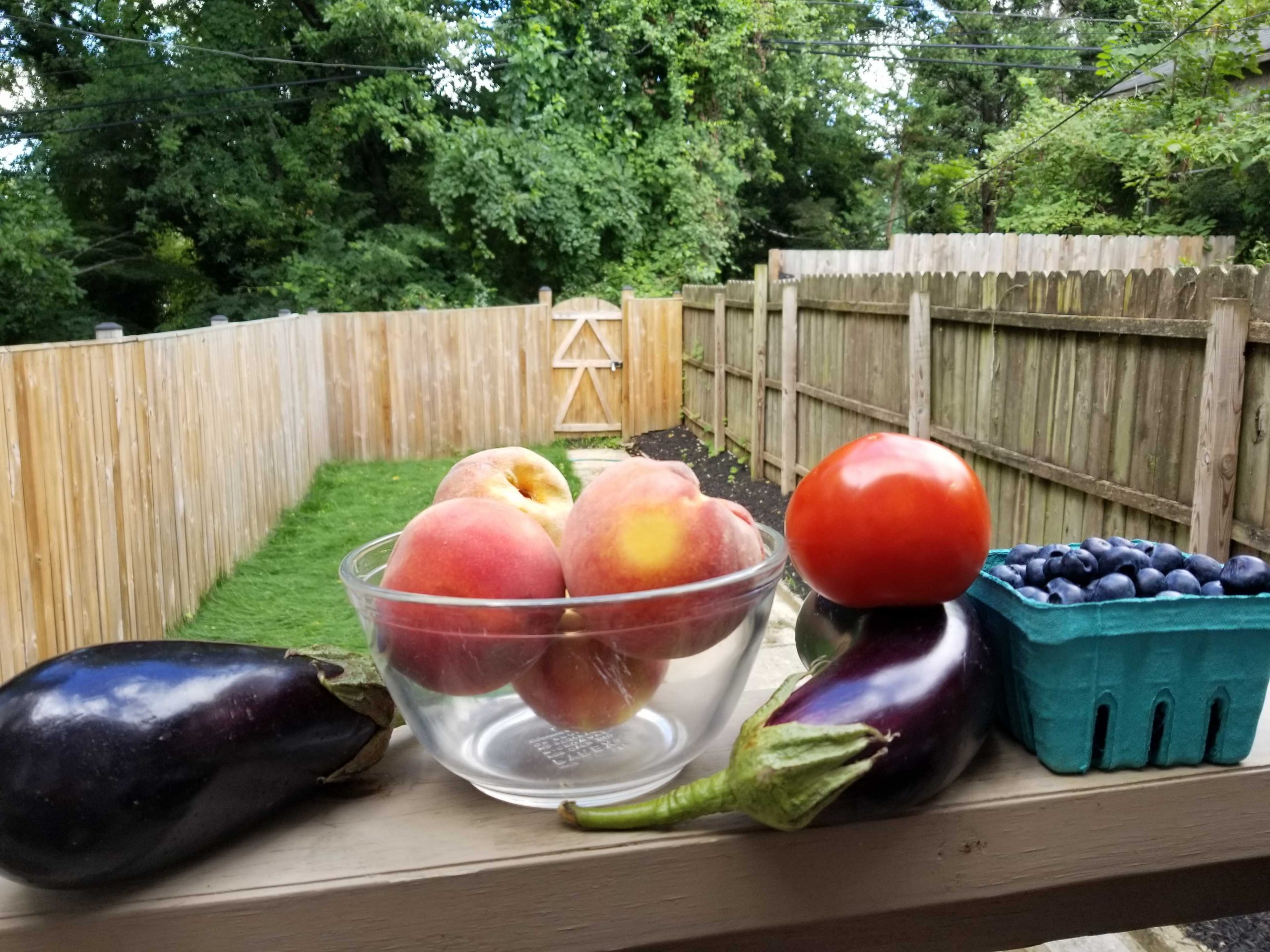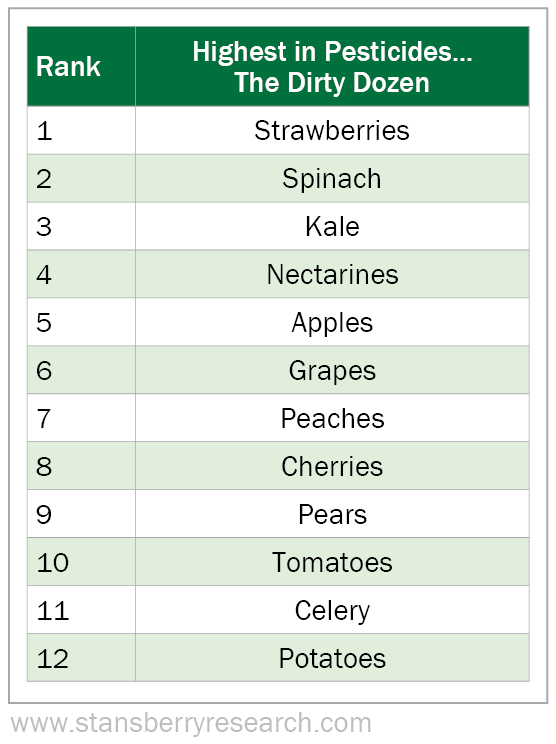There's nothing better than biting into a fresh, juicy peach on a hot day.
Unless that peach carries disease-causing bacteria like salmonella.
That's the cause behind the latest round of produce recalls in the U.S. and several other countries. Some peaches from California-based Prima Wawona or Wawona Packing Company carry salmonella. As of this writing, about 80 folks have gotten sick, with nearly a third needing hospitalization. Stores in more than 30 states sold the suspect peaches, leading to a major recall.
This is one of the many reasons I recommend supporting local farms as often as possible. Nothing beats fresh produce. The benefits of shopping local include less processing, fewer chemicals sprayed on produce during transit, and best of all, the ability to talk directly with the farmers. You can ask about their pesticide and fertilizer use. And with COVID-19 still a concern, shopping in these outdoor markets is often a safer option than crowded grocery stores.

Some recent finds at a local Baltimore farm stand
Farmers markets and produce stands are great places to get deals on the freshest produce. But wherever you shop, you might want to ask, "Is this organic?"
To earn the "organic" label, products must only contain (or be made using) organic ingredients, which the U.S. Department of Agriculture certifies. "Organic" suggests the products are free of synthetic or chemical pesticides or herbicides.
Overall, organic produce has far fewer harmful pesticides. Regular produce uses many more toxic pesticides, like weed-killer Roundup. The main ingredient, glyphosate, interferes with hormones and certain chromosomes in animals and could harm humans as well. Worse, studies show that when it's combined with the other chemicals in Roundup, glyphosate is toxic to humans. The few studies available show that it is a factor in nonalcoholic fatty liver disease.
Thin-skinned produce (think berries, grapes, and peaches) absorb more of these toxins and increase your exposure to them. So we recommend folks always buy organic versions of these types of foods.
Longtime subscribers know I recommend following the Dirty Dozen list from the Environmental Working Group. Below is the 2020 list – I recommend you print this out and take it with you whenever you go grocery shopping. If something is on the Dirty Dozen list, it's worth getting the organic version (or asking the grower about the type of pesticide they use).

But remember... "organic" farms still use pesticides. They just use ones labeled "organic" and certified by the National Organic Standards Board ("NOSB"). Two of the most common organic pesticides are rotenone and pyrethrin. Don't let the labels and certifications fool you – these pesticides may still be dangerous. That's why you still need to use caution and always wash your produce.
The rinse I use for produce is a mix of water and white vinegar (about three parts water to one part vinegar). I let everything soak for a few minutes and then rinse the fruits and vegetables off with just water. This method is effective because most of the pesticide residue sits on the skin. A study from the Journal of Food Protection also showed simply letting leafy greens soak in cold tap water for two minutes before rinsing had the same effect. That's good for folks who don't like the taste of vinegar in their salads.
As I've written before, the more fruits and veggies you eat a day, the healthier you will be. Ideally, you want to aim for 10 servings a day – your "daily 10." If that's too much at first, just adding a few to each meal could improve your health. And to save your wallet, find savings with local produce stands or markets, and only buy organic if it's on the Dirty Dozen list.
What We're Reading...
- More on the EWG's produce rankings.
- Something different: Be aware of the risks before buying that sanitizer light.
Here's to our health, wealth, and a great retirement,
Dr. David Eifrig and the Health & Wealth Bulletin Research Team
September 3, 2020
